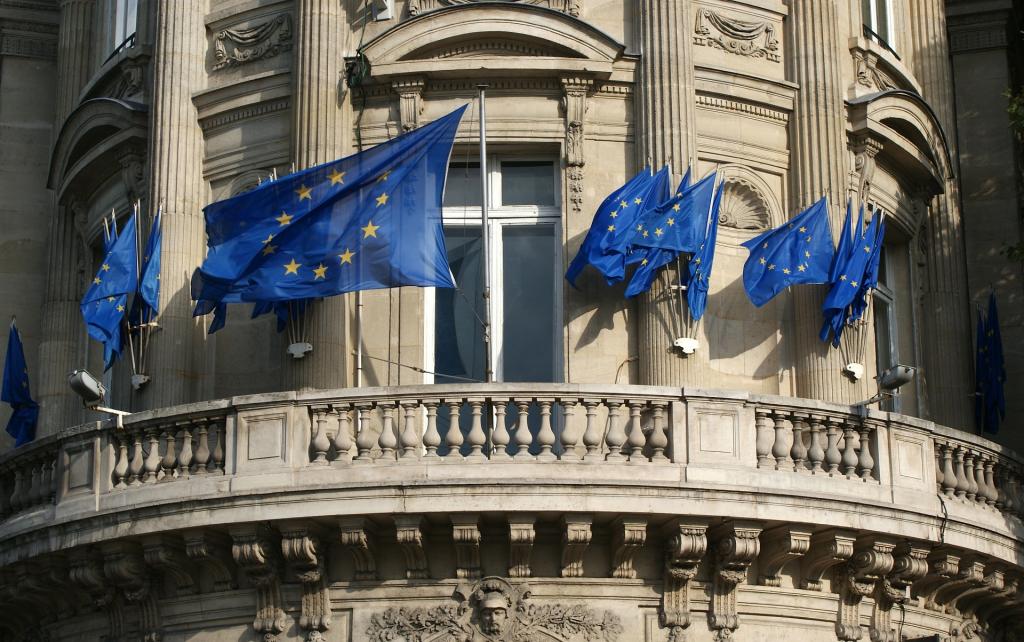Is the general sentiment that the power of the European Union is declining valid? How substantial is the institution's struggle to remain relevant as crises are seemingly mounting?
Anu Bradford addressed these highly relevant questions in our bi-weekly colloquium on Monday, March 25. She argued that the general narrative of the EU’s weakness overlooks an important dimension of power: the EU’s unilateral power to regulate global markets. While the EU is lacking a common army since its founding, is still experiencing the lingering effects of the Euro crises, and is now faced with the rise of populism, the EU still has the ability to shape the world through its rules. The EU sets the rules and standards according to which products are built and business is conducted, in Europe and beyond. This is what Anu Bradford calls the “Brussels Effect”.
By regulating the internal EU market, multinational corporations are then inclined to apply the same standards globally in order to harmonise the business operations. For example, YouTube and Twitter now use the official definition for hate speech that was originally developed in the EU. In this way, the EU wields a significant, unique, and highly penetrating power to unilaterally transform global markets. Yet, this effect is not everywhere. Anu Bradford emphasized that the impact of the EU depends on the market size, the regulatory capacity, the political will to deploy, the elasticity of the market and the non-divisibility of the standards.
Decisively, the “Brussels Effect” shows how we can continue to generate international rules to govern global markets even in the absence of multilateral cooperation.
In our next colloquium on Monday, April 8, Miia Halme-Tuomisaari will talk about "Movement in the Right Direction: an Ethnography of a Human Rights Report". For more info, click here.


